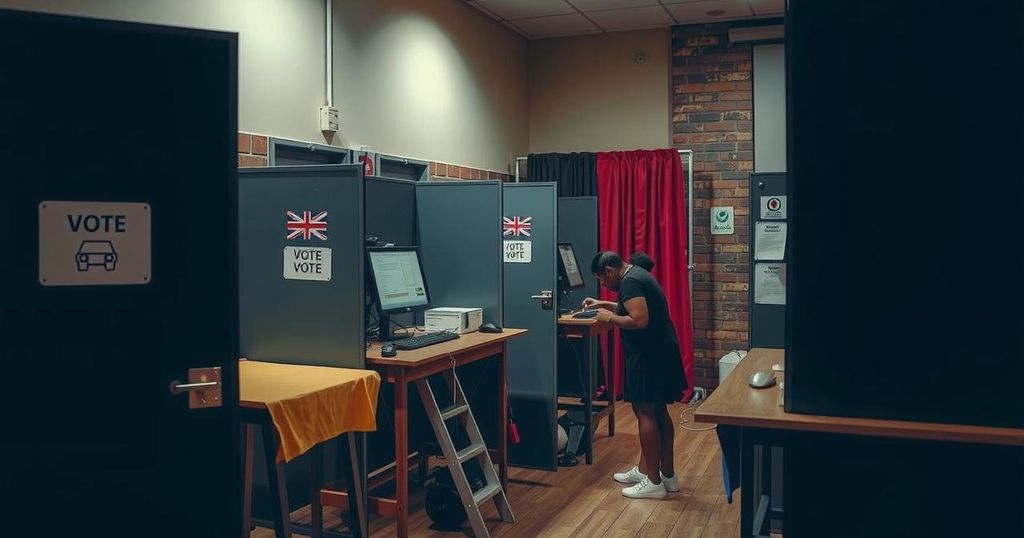Electoral Challenges in Namibia: Extension of Voting Sparks Opposition Concerns

Namibia’s electoral agency extended voting days due to ballot paper shortages, prompting opposition complaints of illegality and fraud. The decision reflects ongoing dissatisfaction with governance and logistical difficulties faced by voters, particularly in rural areas. This situation occurs against the backdrop of potential rising tensions in Southern Africa following allegations of vote rigging in Mozambique.
Namibia’s elections agency has announced an extension of voting for the ongoing presidential and parliamentary elections by several days due to a shortage of ballot papers and technical difficulties. Originally scheduled to conclude on Wednesday, polling stations will now remain open until Saturday evening. This decision has provoked criticism from the main opposition party, the Independent Patriots for Change, which has labeled the extension as illegal and indicative of possible electoral fraud.
Reported logistical challenges have resulted in significant delays, leaving many citizens unable to vote on Wednesday as polling stations depleted their ballots. The chairperson of the Electoral Commission of Namibia, Ms. Elsie Nghikembua, stated, “logistical challenges” have hindered many individuals in their voting efforts. Polling stations in remote rural areas have particularly struggled, leading to extended wait times and dissatisfaction among the electorate, many of whom expressed frustration at the prospect of not being able to exercise their voting rights.
With approximately 1.4 million registered voters in a nation characterized by its mineral wealth and stark economic disparities, these electoral difficulties underscore the growing frustrations among Namibians, particularly the youth. Netumbo Nandi-Ndaitwah, the ruling SWAPO party’s candidate for the presidency, stands to become Namibia’s first female leader should she succeed, while facing significant opposition amid these tumultuous circumstances. The current economic climate has contributed to rising dissatisfaction, prompting renewed calls for change in a country that has historically been regarded as stable democratically, yet now grapples with high unemployment and social inequality.
As election day approaches amid these logistical hurdles, many voters remain hopeful. However, the context of regional unrest following elections in Mozambique serves as a cautionary backdrop, reflecting the potential repercussions of perceived electoral misconduct. Observers and participants alike continue to advocate for transparency and accountability as Namibia navigates this challenging electoral environment.
The ongoing situation in Namibia arises from a complex history of electoral conduct and societal expectations. Namibia has held its elections under the SWAPO party’s leadership since its independence in 1990. While past elections have been deemed credible, current logistical complications reveal deeper public dissatisfaction regarding governance, particularly among younger voters facing economic challenges. The electricity of current regional unrest in neighboring Mozambique elucidates the potential volatility of African electoral politics, highlighting the importance of credible democratic processes as a stabilizing force.
In conclusion, Namibia’s decision to extend voting amid logistical challenges raises significant concerns regarding electoral integrity and public trust. As the nation strives to manage these issues, especially with the allegations of fraud from opposition parties, the implications for stability in Namibia’s democracy remain critical. With a youthful voter base eager for change, the outcome of this electoral process may shape the future political landscape, necessitating vigilant oversight from electoral authorities and civil society alike.
Original Source: abcnews.go.com







